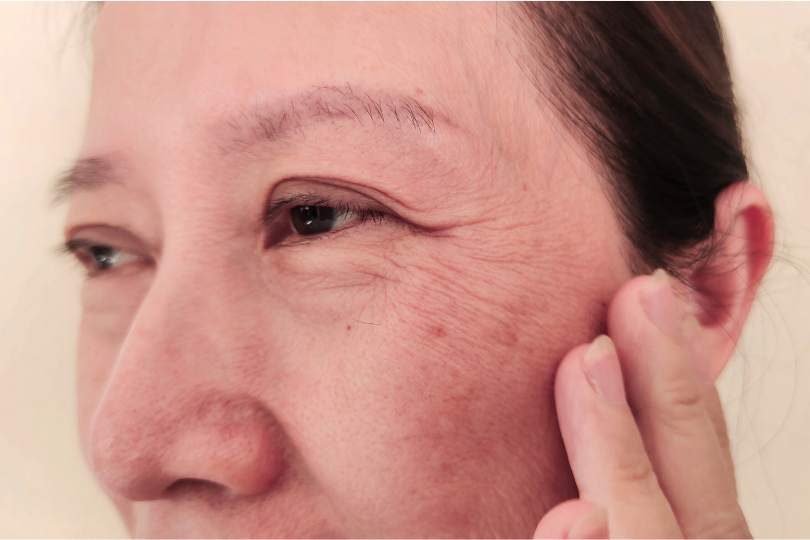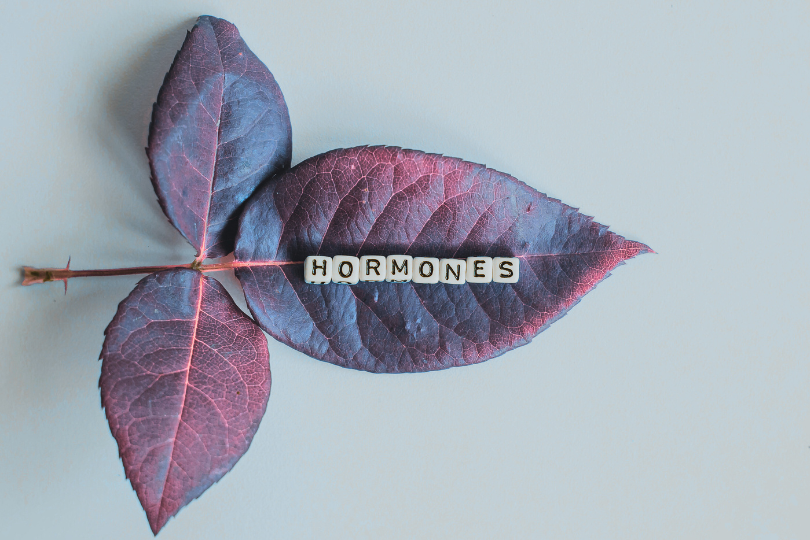Have you noticed irregular periods, persistent acne, or unexpected weight gain that doesn’t seem to make sense? These could be symptoms of Polycystic Ovary Syndrome (PCOS), a common hormonal condition affecting women of reproductive age. Recognising these symptoms early is essential for effective management and long-term health.
What it looks like: Your periods may come infrequently, be unpredictably spaced, or stop altogether.
Why it happens: PCOS often disrupts ovulation, which is necessary for regular menstrual cycles. Without ovulation, hormonal imbalances can prevent the uterine lining from shedding properly, leading to irregular, delayed, or absent periods and abnormal menstrual bleeding.
Over time, irregular cycles can increase the risk of conditions like endometrial hyperplasia, which may have serious implications if untreated.
What it looks like: Acne that doesn’t respond to typical treatments and is often concentrated along the jawline, chin, chest, or back.
Why it happens: Elevated levels of androgens (male hormones present in all women) can overstimulate oil glands, leading to clogged pores and persistent acne.
What it looks like:
Why it happens: High androgen levels can cause hair to grow where it’s typically sparse while leading to hair loss in areas where it’s normally thick.
What it looks like: Weight gain that feels disproportionate to your diet or exercise routine and stubborn difficulty in losing weight.
Why it happens: Many women with PCOS experience insulin resistance, where the body struggles to process sugar effectively. This can make it easier to gain weight and harder to lose it, even with significant lifestyle efforts.
What it looks like: Dark, velvety patches of skin, often found on the neck, underarms, or inner thighs.
Why it happens: These patches, known as acanthosis nigricans, are a visible sign of insulin resistance. They indicate that your body may not be responding to insulin as it should, a common feature of PCOS.
What it looks like: Feeling tired or drained even after a full night’s sleep or sufficient rest.
Why it happens: Hormonal imbalances and insulin resistance can affect energy levels, leaving you feeling low on energy throughout the day.
If these symptoms sound familiar, here are some steps to consider:
PCOS symptoms can vary widely and often overlap with other conditions, such as thyroid disorders or high prolactin levels. Early recognition of polycystic ovarian syndrome symptoms and proper evaluation can help address the root causes, improving both short-term symptoms and long-term health outcomes.
If you suspect PCOS, don’t delay seeking care. A Polycystic Ovarian Syndrome screening like what Taylor offers can be easily booked online, in just a few clicks. Managing PCOS starts with understanding how it uniquely affects you—and that begins with taking the first step to find out.



If your routine suddenly feels out of step, it’s not your products, it’s your hormones. As estrogen begins to fall, the signals that keep skin strong and hydrated weaken. Dryness, breakouts, pigmentation, and slower healing start to appear, even with the same products you’ve always used. The good news: you can adapt. With smart everyday care (SPF, hydration, retinoids, vitamin C), lifestyle support (nutrition, sleep, stress), and medical options when needed (prescription treatments or hormone therapy), your skin can stay strong and healthy well into your 40s, 50s, and beyond.

Menopause isn’t just the end of periods. It’s the start of a new phase where lower estrogen levels can affect your bones, heart, brain, skin, and more. This guide breaks down what’s happening in your body and what you can do to stay strong and well after menopause.

No one talks about it, but perimenopause can hit in your 30s or 40s, and it’s not just about your period. Think brain fog, poor sleep, low libido. Here’s what to look out for and what you can do.